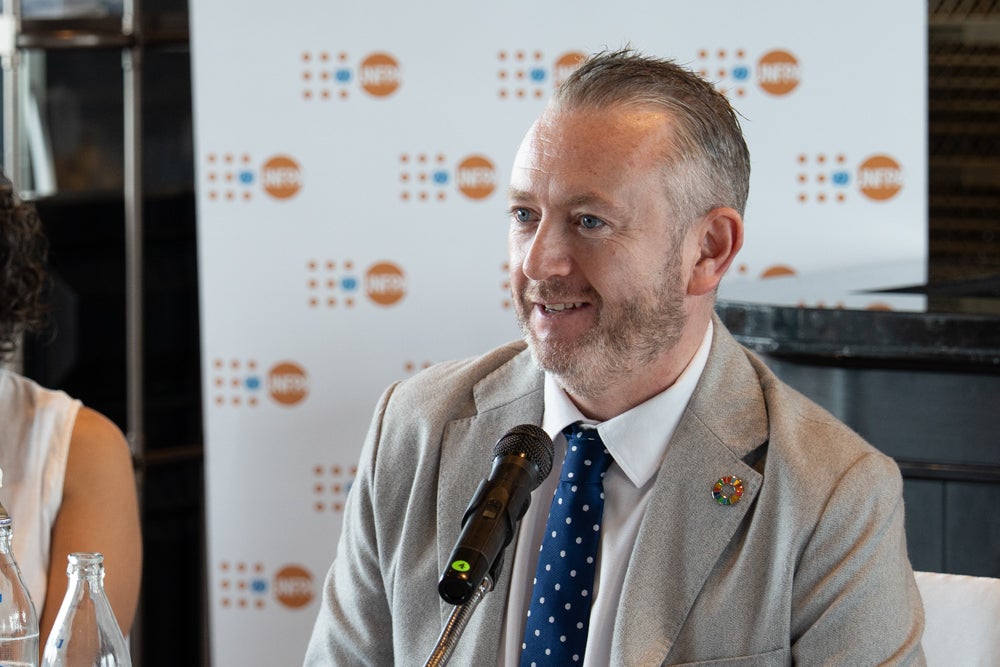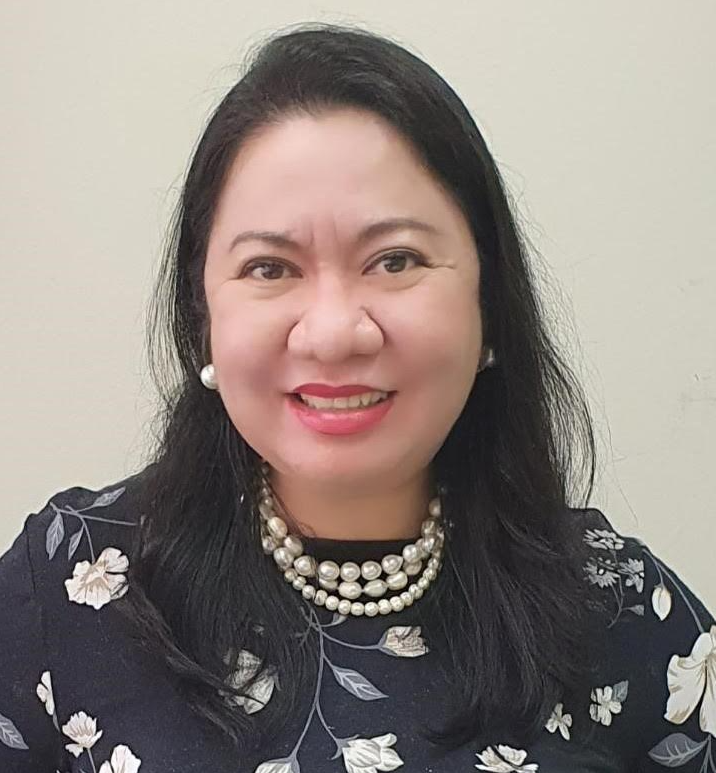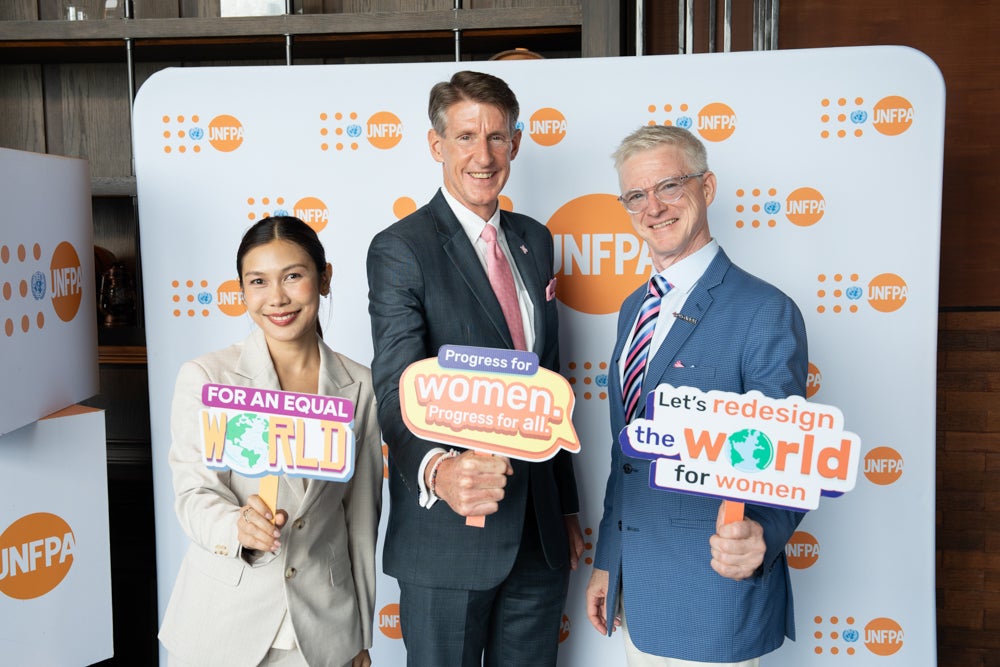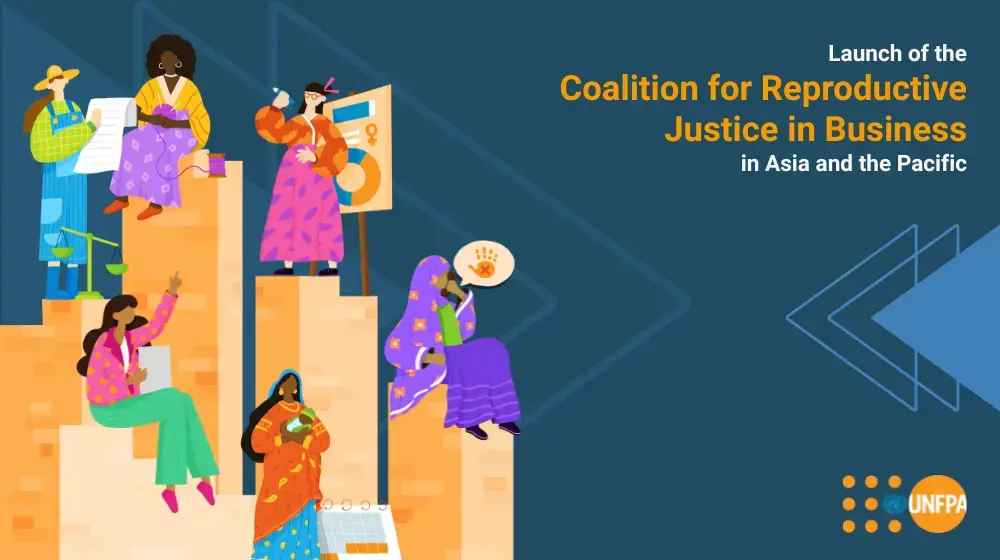Advocating for women’s health to be placed at the heart of business, UNFPA, the United Nations sexual and reproductive health agency, brings together forward-thinking companies through the Coalition for Reproductive Justice in Business to drive investments in sexual and reproductive health and rights across workplaces and supply chains – boosting both well-being and bottom lines.
On 15 May 2025, the UNFPA Asia and the Pacific Regional Office and Organon officially launched the Global Coalition in Asia and the Pacific. The event brought together business leaders, global experts, and development partners from across the region to spotlight the business case for investing in sexual and reproductive health and rights in the workplace and across supply chains.

- Pio Smith, UNFPA Regional Director for Asia and the Pacific

"This is our first regional launch of the Coalition for Reproductive Justice in Business and it's a powerful moment to attract the private sector around sexual and reproductive rights. The Coalition was launched two years ago with the idea of embedding sexual reproductive rights in business, in all the operations, in all spheres of influence of companies. And it is something that now is getting traction."
Mariarosa Cutillo, Chief, UNFPA Private Sector and Civil Society Branch

"Women are the foundation of a strong society. When women succeed in their communities, workplaces and economies, the benefits ripple across society. This is why Organon invests in programs like the Coalition for Reproductive Justice in Business: to empower women with the tools and support they need for a sustainable future by integrating sexual and reproductive health rights into workplace policies."
Koen Kruytbosch, Managing Director, Organon Thailand

"At Tata Motors we put community at the heart of the enterprise, and I would like this to stay with all of us: that the businesses that look at profit for profit’s sake alone are never going to be sustainable. So yes, there is a strong business case for looking at women's health and at employee well-being, but at the heart of it, there is a moral imperative to do so."
Amrita Ganguly, Chief Diversity Officer, Tata Motors

"Across all the places that IKEA is operating, we are focused on having a gender balanced workforce and that means equality, diversity, and inclusion. All the 3 aspects are very, very important to us, more so because it is very clear that our vision talks about standing and being for the many, and the best way for us to do that is to have the reflection of the society in our organization."
Taruna Suhasini Lohmror, Head, DEI and Sustainability, IKEA India

"At John Keels we sponsor mentorship and board level training for women, have very focused women centric training across the group and, regardless of what's happening globally, we remain very committed to our DEI agenda."
Isuru Gunasekera, Chief People Officer, John Keels Holdings

"In the SM group, there is no more glass ceiling to break, as women leaders have reached the pinnacle of success in the organization, including having had a woman President. Currently, more than 6,000 employees manage our malls, where 61% are women, with 60% of managerial to executive positions belonging to women."
Pearly Turley, Senior Asst. Vice President - Corporate Compliance, SM Cares

"My grandmother started the company in New Delhi. She was a factory worker who left her factory job because she was struggling to sort of balance her dual responsibilities at the factory but also raising her children. Fortunately, at the time her manager suggested her to provide some orders from home. And so, she created a home-based setup, which over time, and over the last 50 years, grew to become the largest garment exporter here in India."
Anant Ahuja, Head of ESG & Sustainability, Shahi Exports



